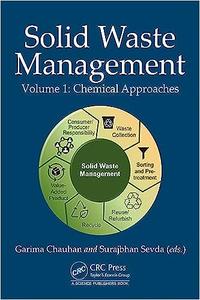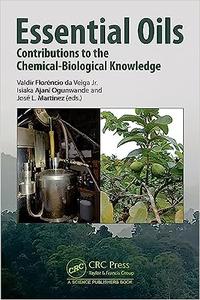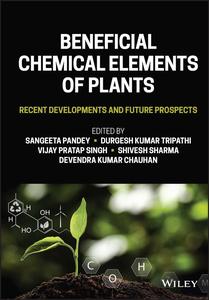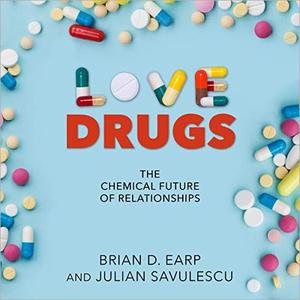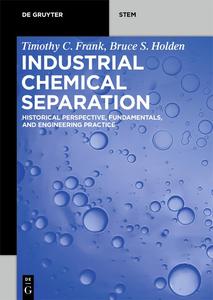 Free Download Industrial Chemical Separation
Free Download Industrial Chemical Separation
by Timothy C. Frank, Bruce S. Holden
English | 2023 | ISBN: 3110695022 | 508 pages | True PDF EPUB | 72.43 MB
A fresh new treatment written by industry insiders, this work gives readers a remarkably clear view into the world of chemical separation. The authors review distillation, extraction, adsorption, crystallization, and the use of membranes – providing historical perspective, explaining key features, and offering insights from personal experience. The book is for engineers and chemists with current or future responsibility for chemical separation on a commercial scale – in its design, operation, or improvement – or for anyone wanting to learn more about chemical separation from an industrial point of view. The result is a compelling survey of popular technologies and the profession, one that brings the art and craft of chemical separation to life.
(more…)



